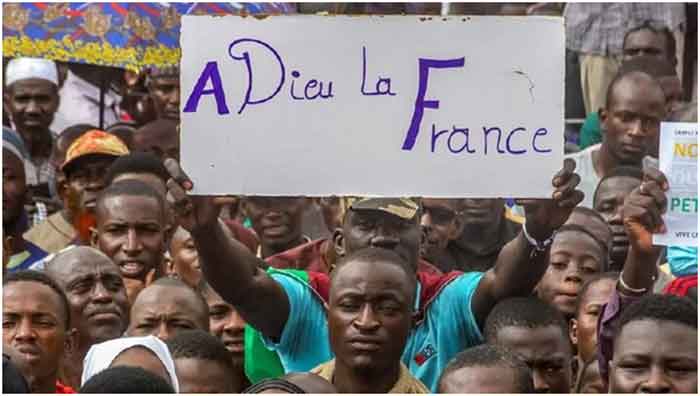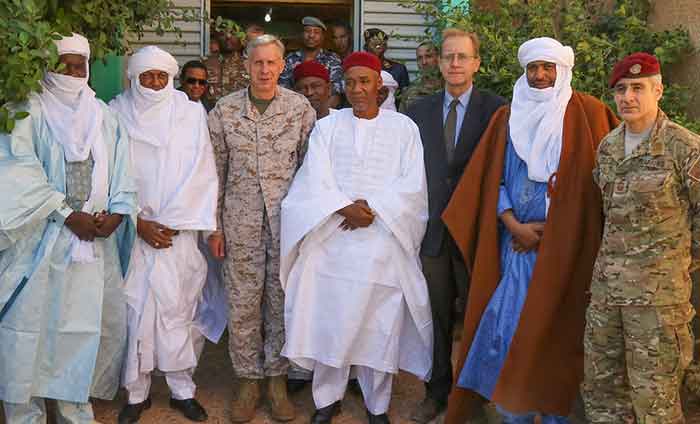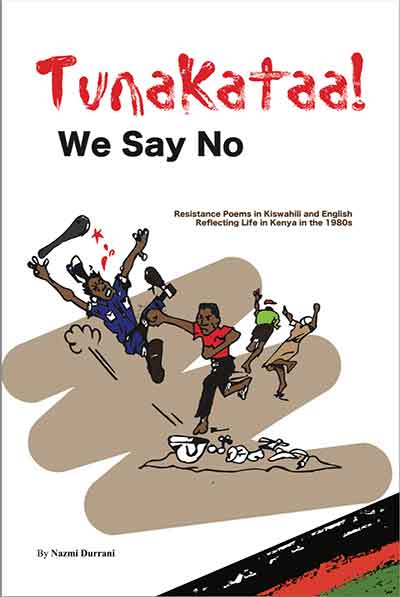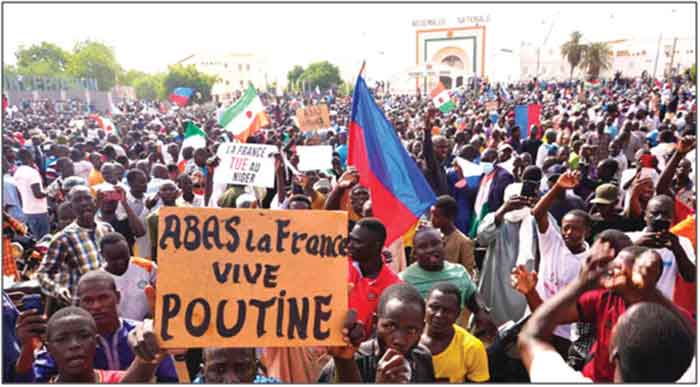
The African Union was founded in 2002 as a successor to the Organization of African Unity (OAU), an intergovernmental organisation that functions as a link between the African countries. With the union commemorating its 20th anniversary this year, the continent has faced several challenges in recent years, including civil wars, stalling transitions, Islamic militancy, food insecurity, and climate change-related threats. The twentieth anniversary as well as the upcoming Africa Day to reflect on the progress made by the African Union provides an opportunity for member states to evaluate the organization’s accomplishments so far and to consider the AU’s involvement in Africa’s emerging peace and security concerns.
With 115 million Africans still under the control of forces that have illegally ceased power, peace and security continue to be the major challenge for the union. A poor and dictatorial government fosters extremism and transnational crime, resulting in bloodshed and impeding democratic initiatives. The continued undemocratic political developments in West Africa and Sudan are particularly disturbing. In the last two years, at least five such coups have occurred in Burkina Faso, Chad, Guinea, Mali, and Sudan. The AU’s response to many of these crises has been mixed. The African Union’s Peace and Security Council has declined to ban Chad, stating it was not a coup when the son of the country’s late dictator seized control. It has had trouble making decisions during the wars in Ethiopia and Mozambique, with the countries insisting on those as domestic crises. Democracy is failing the people, and the military is stepping in to fill the void. Many countries have also failed to have an effective plan to cope with jihadist situations. The regional coordination in managing the jihadist flow from Libya to Mali, from Mali to the borders with Burkina Faso and Niger has been very poor. The jihadist groups continued to occupy ungoverned spaces within these countries. This has directly affected the economic situation of these countries.
The rising coups has made the countries in the West African region lose faith in democratic processes. The success of the coups instigate their continuation. Hence this is a huge challenge for the union in the coming years. The inflow of international connections and links between these coups has become a serious concern indeed. The Mali government has claimed that French government is responsible for aiding and abetting the jihadist groups in the region. The union plays a key role here in forming a united front against these coup d’états.
At the latest summit concluded in Addis Ababa, the rising COVID-19 cases sparked widespread discussions on the grave consequences for the African continent. Having only 11 per cent of the population fully vaccinated, increasing COVID-19 vaccination rates is a top priority for the union. Several food security challenges are already affecting the continent, ranging from one of the worst droughts in 40 years in the Horn of Africa to war-related food insecurity in Ethiopia, where droughts have already affected over 4 million people. Malnutrition rates continued to increase all throughout the conflict-torn regions. In addition, around 400 million people do not have regular access to nutritious and adequate food. Climate change has also struck the region the hardest, with temperatures rising faster than the worldwide average (1.2 degrees).
The Union is still relatively young and working to improve its institutional and human capacities, but is falling behind in staffing, financing, and other areas, and thus failing to meet its ambitious goals. The legitimacy of the organisation remains debatable, with the purpose and key stakeholders remaining unclear, particularly with civil society. The organisation itself is caught between the national government and their interests, and as a result, fails in its larger roles. The union is highly fragmented with too many focus areas and less coordination with its regional economic communities. The union’s attempt to function similar to the European Union’s executive body has failed as the former lacks the authority to enforce treaties or adopt norms.
Let us now look into how far the organisation has come forward despite the rising challenges and its plans for future. Recent political changes in countries such as the Democratic Republic of the Congo and Gambia offer hope for the continent’s progressing peace. The African Continental Free Trade Area, which entered into effect last year to improve intra-African trade and the continent’s prominence in the global market, is in fact a true accomplishment. The African Union’s Green Recovery Plan is noteworthy for identifying the need for green and resilient recovery as a method of responding to concerns connected to climate change, public health, and the economy. The African Union’s Strategy on Gender Equality and Women’s Empowerment (GEWE), which emphasises the importance of economic empowerment for women in order for Africa to accomplish its inclusive and sustainable development goals, is likewise laudable.
Despite its success stories, many citizens feel the organization is functioning to cater the needs of the commissioners and ministers rather than a functional agency working for the people. The local approaches that incorporate tactic to prevent violent extremism shall be promoted and the union shall try to become a people centered and Pan Africanist institution. Re-approaching nations who has an interest in sustaining stability in the region, such as the Gulf monarchies, will fill the budget shortfall.The union shall also ensure that development and security shall be made according to each country’s individual situation. The African Union’s legitimacy, and hence its future, will be defined by how proactive, consistent, and principled it is in avoiding or criticizing instances of heinous misrule by current leaders. Women and youth must also be included in discussion processes to boost their chances of success and the longevity of their successes. The Union shall also be able to effectively utilize the increasing international community’s efforts to manage, stabilize and resolve ongoing wars and armed conflicts, though with varying degrees of success.
Bulbul Prakash,Research Scholar Centre for International Politics, Organization and Disarmament (CIPOD),School of International Studies, Jawaharlal Nehru University, New Delhi, India
















































